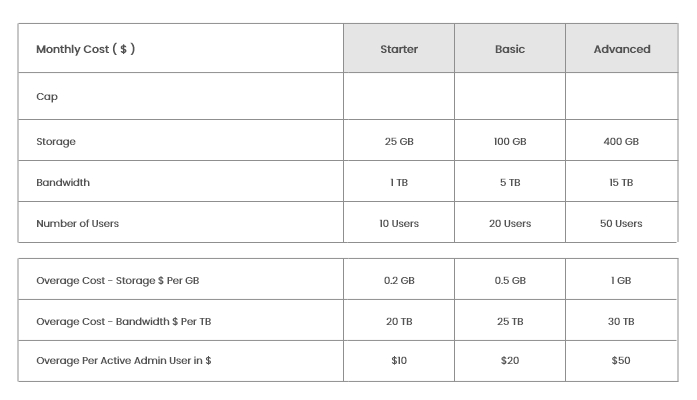



ChatGPT versus Bard versus Bing: What Are the Distinctions?
- Chatbots may be able to assist you if you need to search for information, fix bugs in your CSS, or create something...
Chatbots are taking over the world.
SEO professionals, writers, agencies, developers, and even teachers are debating the effects of this technology on society and how we work in our daily lives.
When ChatGPT was released on November 30, 2022, it spawned a slew of competitors, including Bard and Bing, though the latter uses OpenAI's technology.
Chatbots may be able to assist you if you need to search for information, fix bugs in your CSS, or create something as simple as a robots.txt file.
They're also great for topic generation, allowing you to write more interesting emails, newsletters, blog posts, and other content.
But which chatbot should you learn to use and master? Which platform provides concise, accurate information?
Let us investigate.
What Exactly Is GPT? What Exactly Is LaMDA?
ChatGPT employs GPT technology, whereas Bard employs LaMDA, indicating that they differ "under the hood." This is why there is some opposition to Bard. People expect Bard to be GPT, but that is not the product's intention.
Furthermore, while Bing has chosen to collaborate with OpenAI, it employs fine-tuning, which allows it to tailor responses to the end user.
Because Bing and Bard are both available on such a large scale, they must tune their responses in order to maintain their brand image and adhere to internal policies that aren't as restrictive in ChatGPT - for the time being.
GPT: Generative Chat Transformer that has been pre-trained
GPTs are trained on massive amounts of data using a two-step process known as "unsupervised pre-training and then fine-tuning." Consider consuming billions of data points and then having someone come along after you have gained all of this knowledge to fine-tune it. When you prompt ChatGPT, this is what happens behind the scenes.
ChatGPT has used and learned from 175 billion parameters, including:
- Articles.
- Books.
- Websites.
- Etc.
While ChatGPT's datasets are limited, OpenAI has announced a browser plugin that can respond to you using real-time data from websites. Other cool plugins that increase the bot's power are also available.
LaMDA is an acronym that stands for Language Model for Dialogue Applications.
Because it is a more natural way to respond to questions, Google's team chose the LaMDA model for its neural network. The team's goal was to respond to questions in a conversational manner.
Although the platform has been trained on conversations and human dialogue, it is clear that Google uses search data to provide real-time data.
Google uses an Infinite Set of data, which are datasets about which we don't know much because Google has kept this information private.
Because these bots learn from sources all over the world, they are prone to providing false information.
It is possible to experience hallucinations.
Chatbots have the ability to hallucinate, but they are also very convincing in their responses. It is critical to heed the developers' warning.
According to Google:
Bing also informs us:
If you use chatbots for anything that requires facts and studies, double-check your work to ensure that the facts and events actually occurred.
There have been times when these hallucinations are obvious, and other times when non-experts would be easily misled by the response.
Because chatbots learn from information, such as websites, they are currently only as accurate as the information they receive.
Which Chatbot Is More Effective?
Each tool has its own set of advantages and disadvantages.
Although it is quick and provides adequate responses, it is clear that Bard falls short in its initial response. Bard has a nice user interface, and We believe it contains the answers. But We also believe it has "brain fog," or should we say "bit fog?"
Bing's sources are a nice touch that we hope all of these chatbots will eventually include.
The platform is pleasant to use, but we've heard that advertisements will be integrated, which will be interesting. Will ads take precedence in chat? For example, if we asked the following question about Italy:
- Gain control over what information is displayed?
- What is the source of the misinformation? For example, would the top pizza place accept a paid advertisement from a pizzeria with poor reviews instead of the top-rated pizzeria?
ChatGPT, Bard, and Bing are all intriguing tools, but what lies ahead for publishers and users? That is something we are unable to answer. No one can do it yet.
And then there's the big question: Is AI "out of control?"
Elon Musk, Steve Wozniak, and over a thousand other leaders in technology, AI, ethics, and other fields are urging a six-month moratorium on AI beyond GPT-4.
The pause is not intended to stymie progress, but rather to give people time to consider the "significant risks to society and humanity."
These leaders are requesting more time to develop and implement safeguards to ensure the safety of AI tools, as well as a moratorium to address the issues.
You can harness the power of AI with Hocalwire's advanced content analysis, sentiment analysis, and highly precise personalization features to improve the value of news feeds for stakeholders. Hocalwire CMS includes fantastic automation features that help traffic from various sources focus on your website. You may drastically increase your traffic with the aid of Google Analytics and potential choices with Hocalwire. To learn more about Hocalwire CMS's limitless potential, schedule a demo.

